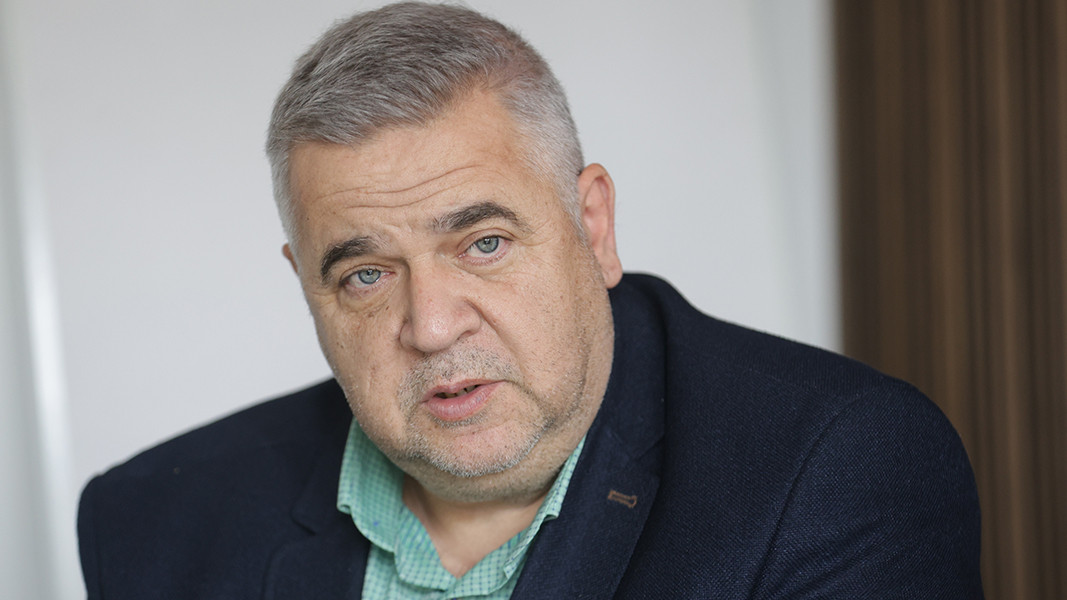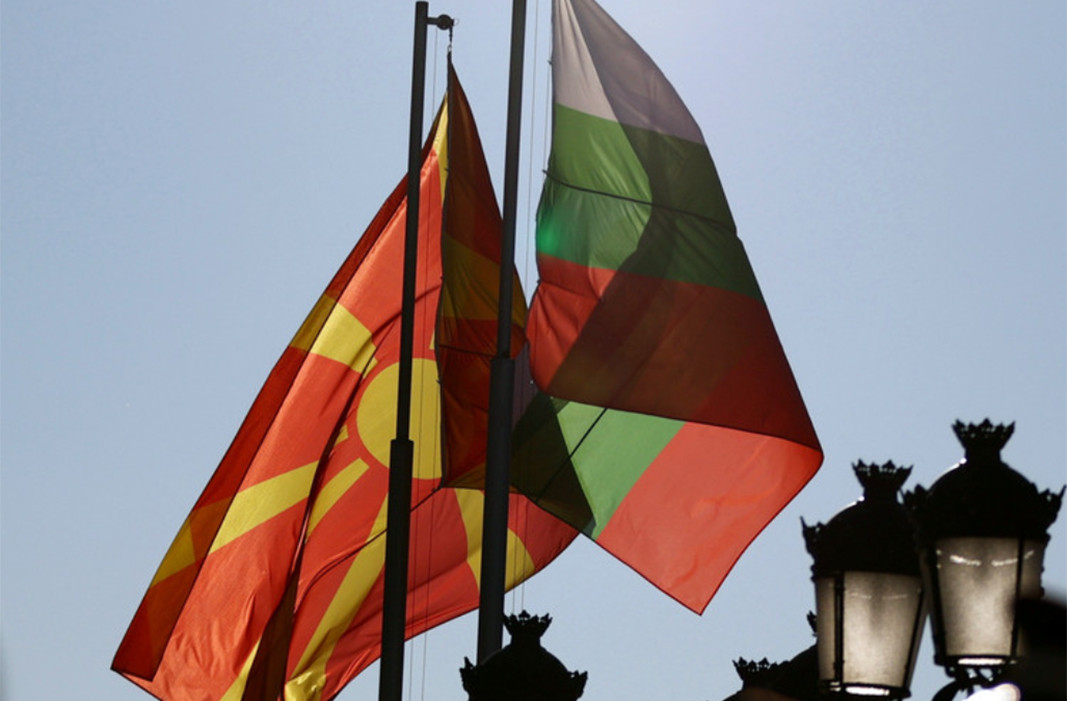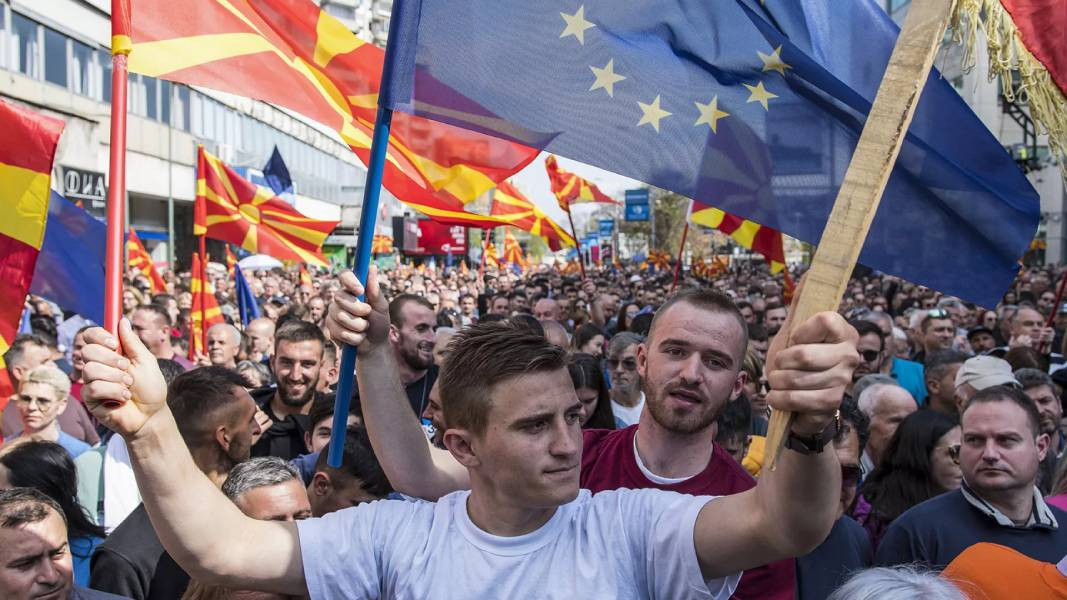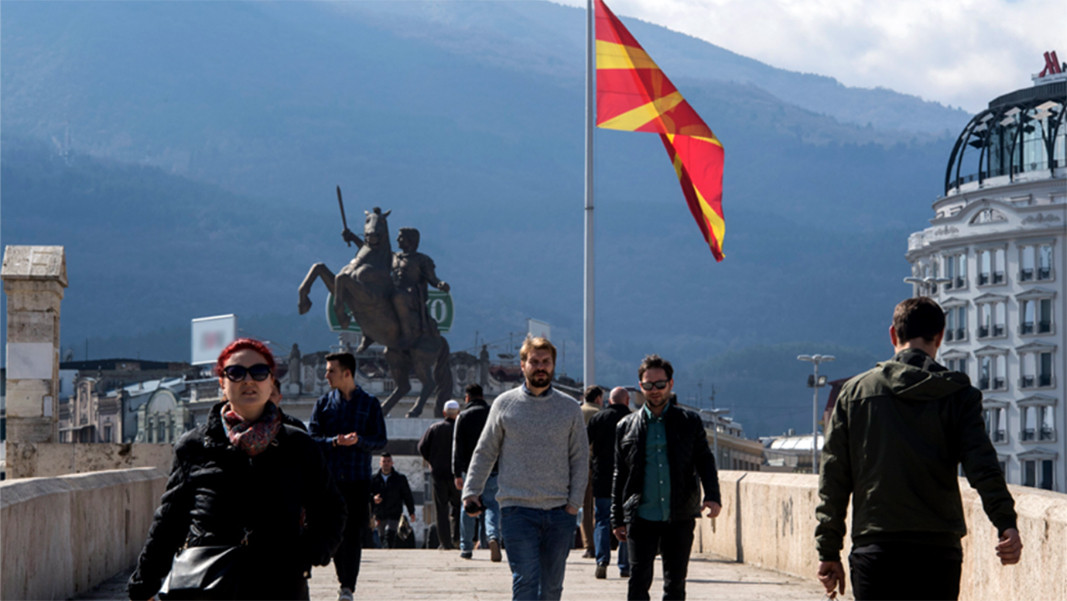The draft report on the progress of North Macedonia on its path to European integration has been a hot Balkan topic in recent weeks, after rapporteur Thomas Weitz included in the document concepts such as "Macedonian identity" and "Macedonian language" - wording firmly rejected by Bulgaria. The text caused an immediate reaction from Bulgarian MEPs but was adopted by the Foreign Affairs Committee of the European Parliament. This led to an additional consolidation of Bulgarian representatives in the EP and on July 1, the Association of Descendants of Refugees and Migrants from the Territory of North Macedonia sent a special letter to David McAllister, Chairman of the Parliamentary Committee on Foreign Affairs of the European Parliament (EP). The Association asks what necessitates the inclusion of the categories "Macedonian identity" and "Macedonian language" in the EP report from 2025 on the progress of North Macedonia on the path to EU integration. The co-chairs of the association Prof. Trendafil Mitev, Assoc. Prof. Spas Tashev and Iliya Stoyanovski point out that the European Commission's opinions from 2023 and 2024 on the progress of North Macedonia lack wording such as "Macedonian identity" and "Macedonian language".

"We ask the question about the connection between the progress of a country on the path to European integration and the identity of a part of its population. We say part and immediately emphasize that we have made an inquiry as to what exactly ‘Macedonian identity’ they mean? Since identity is a category that is not fixed. I think that the chairman of this committee will be shocked by our questions. He probably did not realize how complicated the relations between the Balkan countries can be and how the intervention of the EP, instead of helping reduce tension in our region, in practice serves the interests of forces external to Europe," says Spas Tashev, who is an associate professor at the Institute for Population and Human Studies at the Bulgarian Academy of Sciences. Speaking to Radio Bulgaria, he says that the majority in the EP on July 8 will not support the idea of including the expressions “Macedonian identity” and “Macedonian language” without some qualifying addition, for example “modern or contemporary”.

"In our letter, we also raised the question why the EP report mentions the ‘Macedonian identity’, but not the other identities of the other ethnic groups living there, according to the constitution of North Macedonia? We have recognized nationalities there - Albanians, Turks, Roma, Vlachs, Serbs. These identities are also missing. For us, this is a discriminatory approach and a very important issue. Since the EP and the EU have accepted in their 2022 framework position that changing the constitution of North Macedonia by registering the Bulgarian community is the condition for starting negotiations for actual EU membership, why Bulgarians are missing from the list of identities?", Tashev asks.
The analyst of demographic processes in the Balkans recalls that Bulgaria has never disputed the existence of a modern Macedonian identity and does not dispute the right of people to declare and express it.

"The same applies to their right to call their language Macedonian, as this is a right of the citizens of North Macedonia. But at the same time, those who declare themselves as Macedonians do not have the right to prohibit persons who wish to preserve their Bulgarian identity from continuing to call their native dialects Bulgarian," the scientist commented.

The demographer also presented official statistical data about identity in North Macedonia.
"Last year, the number of newborn Macedonians was 41%. That means over 50% of newborns are others. Other identities will begin to prevail over the Macedonian in one way or another, if a process of consolidation is not started based on the role of the Bulgarian language, Bulgarian culture, which have traditionally been unifying. Even during the Ottoman rule, the language on the street, in the market was Bulgarian. In order to understand each other, traders, representatives of other ethnic groups resorted to the Bulgarian language, i.e. this was the glue of society. Now, if you ask me, the Albanian language dominates in the Old Bazaar in Skopje. And it is not the Albanians' fault," the researcher says.
Author: Ivo Ivanov
Publication in English: Alexander Markov
Photos: BTA, BGNES, euronews.com
The deadline for the start of the implementation of the new European Media Freedom Act (FEMA) is fast approaching - August this year. "Some Member States are already quite far in implementing the European Media Freedom Act because some of..
It’s official—Bulgaria is now the 21st country in the eurozone. From 1 January 2026, the euro will become the legal tender, although levs will still be accepted for another month. Bulgaria becomes the 21st member of the Eurozone “I think..
"What we have let slip, we have let slip over the last 20 years, not yesterday or the day before." This was stated to the Bulgarian National Radio by Ivaylo Valchev, MEP from the European Conservatives and Reformists (ECR), before today's vote in..

+359 2 9336 661
